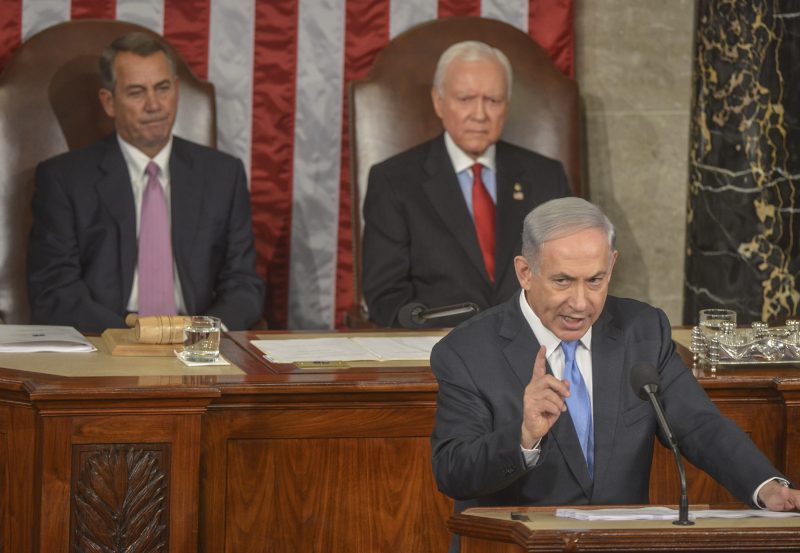In the ongoing realm of international politics, relationships between world leaders can often shift, sometimes dramatically, depending on various factors such as ideology, policy decisions, and geopolitical realities. One such significant rupture in relations occurred between Israeli Prime Minister Benjamin Netanyahu and the Democratic Party in the United States, particularly under the administration of President Joe Biden. This rift, which has been years in the making, reflects a confluence of diverging interests, strategic calculations, and personal dynamics between the two leaders.
On one hand, Netanyahu, a staunch conservative and a longtime figure in Israeli politics, has built his career on a platform of hawkish policies towards security and defense, particularly concerning the Israeli-Palestinian conflict. Throughout his tenure as prime minister, Netanyahu has often clashed with Democratic administrations in the U.S., who tend to favor a more diplomatic approach in the region. His close alignment with former President Donald Trump further strained his relationship with the Democrats, as Trump’s policies were at odds with many of the values and priorities of the Democratic Party.
On the other hand, President Joe Biden’s approach to foreign policy, including the Middle East, has been markedly different from that of his predecessor. Biden has expressed a commitment to reengaging with international partners, promoting human rights, and prioritizing multilateral diplomacy. This shift in U.S. foreign policy has put him at odds with Netanyahu, whose hardline stance on issues such as settlements in the West Bank and the Iran nuclear deal clashes with Biden’s more conciliatory approach.
The strained relationship between Netanyahu and the Democrats has also been exacerbated by personal differences and interpersonal dynamics between the leaders. While Netanyahu and Trump shared a close personal rapport, his interactions with Biden have been marked by tension and disagreement. Reports suggest that Netanyahu was displeased with Biden’s delay in contacting him after assuming office, further souring their already strained relationship.
Moreover, the changing political landscape in both Israel and the United States has also played a role in shaping the deteriorating ties between Netanyahu and the Democrats. The ousting of Netanyahu from power in Israel, after a record-long tenure as prime minister, has opened up new possibilities for reshaping Israel’s foreign policy and relationships with its allies. In the U.S., the growing influence of progressive voices within the Democratic Party has further widened the gap between Netanyahu’s conservative government and the party’s leadership.
In conclusion, the split between Benjamin Netanyahu and the Democrats, particularly under President Joe Biden, is a culmination of years of diverging interests, strategic calculations, and personal dynamics. As both leaders navigate the complexities of global politics and seek to advance their respective agendas, the future of U.S.-Israeli relations remains uncertain. It will be essential for both sides to find common ground and reestablish communication channels to address shared challenges and opportunities in the Middle East and beyond.

